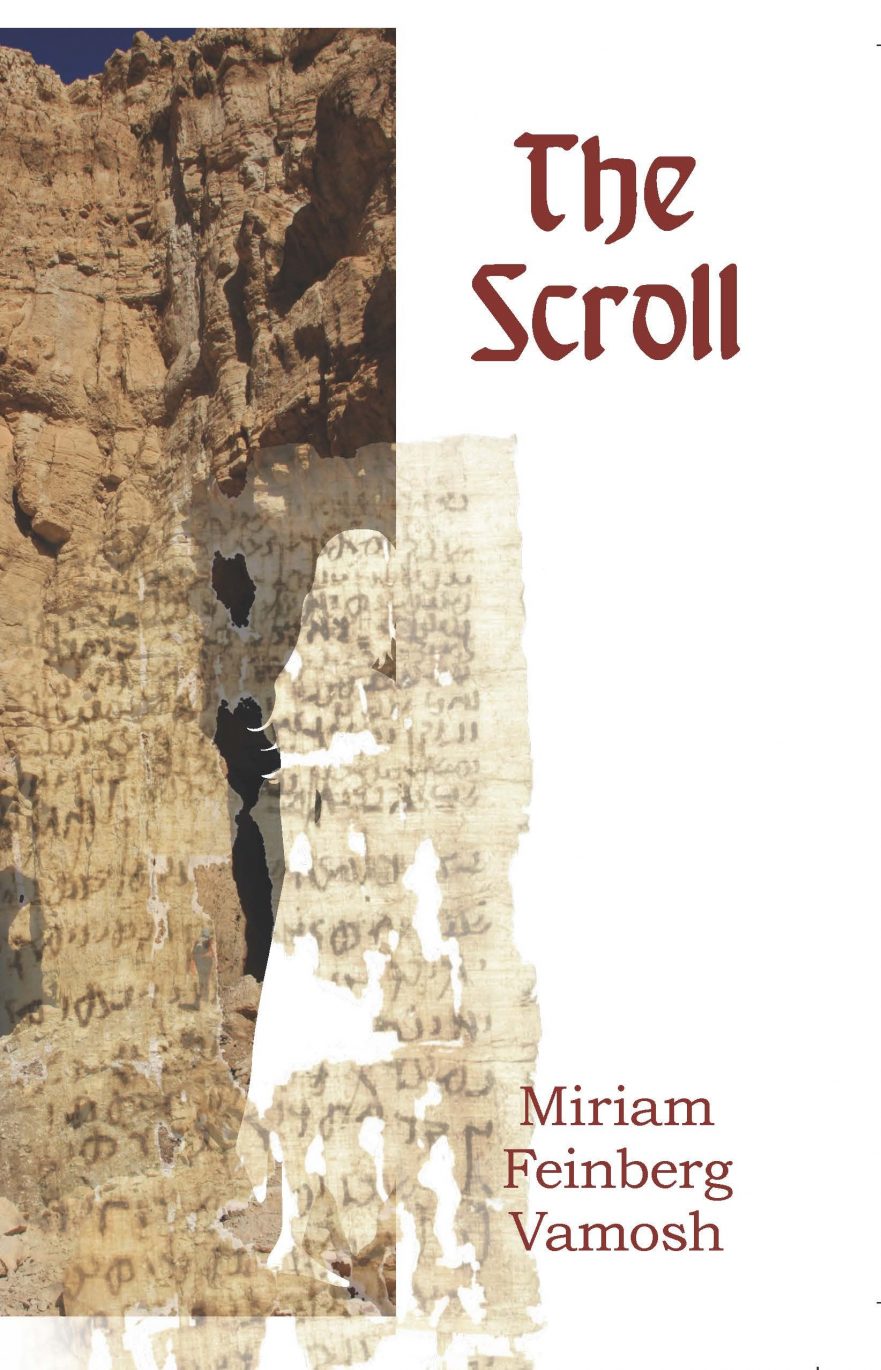In this study Professor Ruzer suggests that there was a broader first-century Jewish context behind the narrative strategies employed in Mark’s prologue to Jesus’ messianic biography. On the other hand, he also demonstrates that Mark 1:9-11 can be used to recover an early phase of a pattern of messianic belief, seemingly shared by wider Judaism, that continued into the rabbinic period. In other words, New Testament evidence can be an important witness to broader trajectories in early Jewish messianic beliefs.
May His Memory Be for a Blessing

The recent death of author and Nobel laureate Elie Wiesel reminds us that we are living at a time when the survivors of the Holocaust are becoming fewer. The eyewitnesses to the horrors of the Nazi extermination program have done all they can do to entrust the memory and the responsibility of what happened to the next generations. How will we handle this awesome responsibility?
Gospel Origins: From a Hebrew Story to the Canonical Gospels

Originally released as a pamphlet entitled The Gospels in 1972, Jerusalem Perspective brings you this discussion of the Synoptic Gospels by Robert L. Lindsey in a newly revised and updated edition. Herein Lindsey critiques the theory that the Gospel narratives were developed orally by Greek speaking Christians in a decades long process. Lindsey argues that there is strong evidence that the material preserved in Matthew, Mark, and Luke descends from a Hebrew document written shortly after the events it describes.
A Gripping New Novel about Jews and Christians in First-century Israel

The Scroll, by Miriam Feinberg Vamosh, is an historical novel portraying Roman times in the Holy Land.
Sending the Twelve: Conduct in Town

David N. Bivin and Joshua N. Tilton suggest a Hebrew reconstruction of Jesus’ instructions about how the twelve apostles were to behave when they entered a town. In this pericope we learn about the giving and receiving of hospitality among Jesus’ earliest followers. We also learn what may be wrong about the popular view that shaking the dust from the apostles’ feet was a symbolic action meant to signal to Jews who rejected Jesus that they were henceforth to be considered as Gentiles.
“Shake the Dust from Your Feet”: What Did the Apostles’ Action Signify?

The standard interpretation of the apostles’ dust-shaking action proposes that Jesus turned the concept of the impurity of Gentile lands against the Jewish inhabitants of cities within the (ritually pure) land of Israel. This interpretation concludes that shaking the dust from their feet dramatically symbolized that Jesus’ apostles would henceforth regard the Jewish inhabitants of a city that had rejected their message as though they were cut off from Israel. It is time for this mistaken interpretation to finally be put to rest.
Biblical Geography on YouTube

We at Jerusalem Perspective would like our readers to be aware of an excellent resource for studying biblical geography: the Satellite Bible Atlas video commentary series on YouTube. The videos explore the physical settings of biblical narratives, helping viewers to understand how the lay of the land shaped and informed biblical events. The satellite images and aerial photographs featured in the videos afford a bird’s-eye view of Bible lands with a precision and accuracy no ordinary map can provide.
Jesus’ Attitude Toward the Samaritans

It is always our duty to ask ourselves whether the kind of speech we voice and the kind of rhetoric we listen to engenders respect for our neighbor, no matter how different she or he might be from ourselves, or whether it is sowing the seeds of hatred and violence.
Character Profile: Jacob ben Aaron—A Samaritan High Priest

Jacob ben Aaron ben Shelamah was the Samaritan high priest from 1861 until his death in 1916. Jacob ben Aaron was not only the spiritual leader of his people, he also represented the Samaritans to Western scholars who, in the late nineteenth century, had begun to take an interest in the history and customs of the Samaritan people.
Sending the Twelve: Conduct on the Road

In this segment of the LOY commentary David Bivin and Joshua Tilton consider the command to avoid Gentiles and Samaritans and the prohibitions against bringing travel gear for the apostles’ journey.

